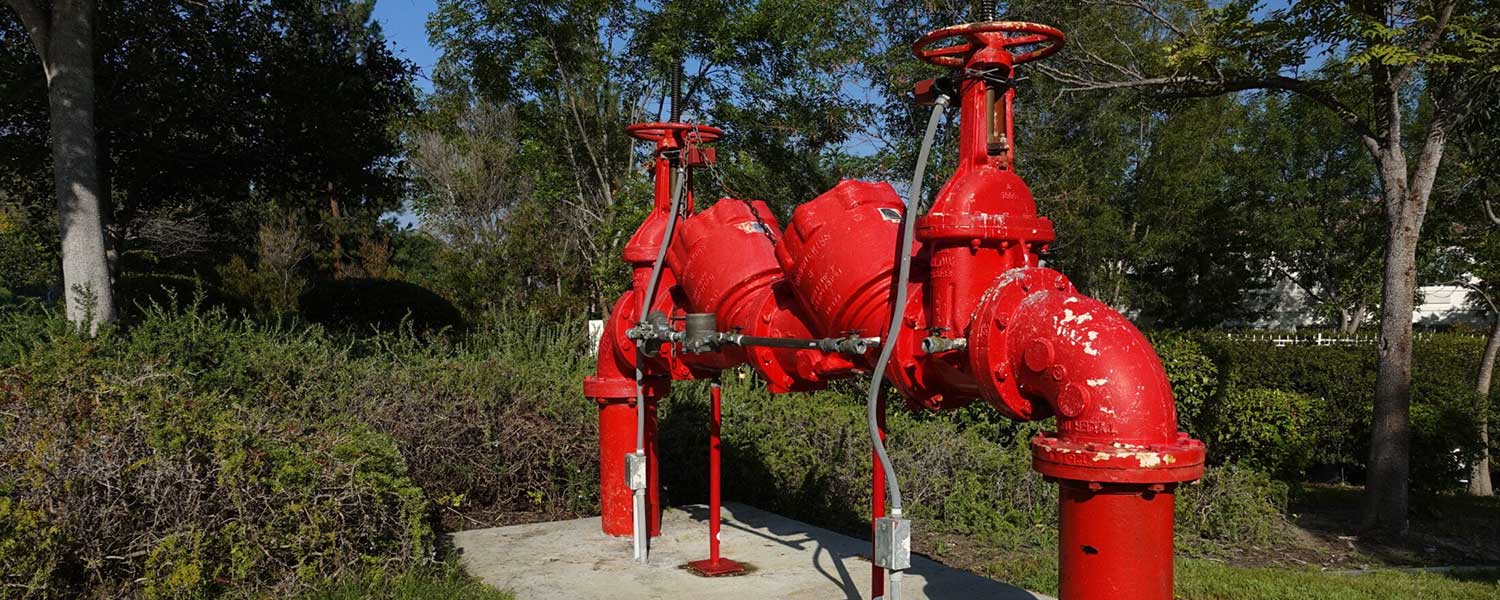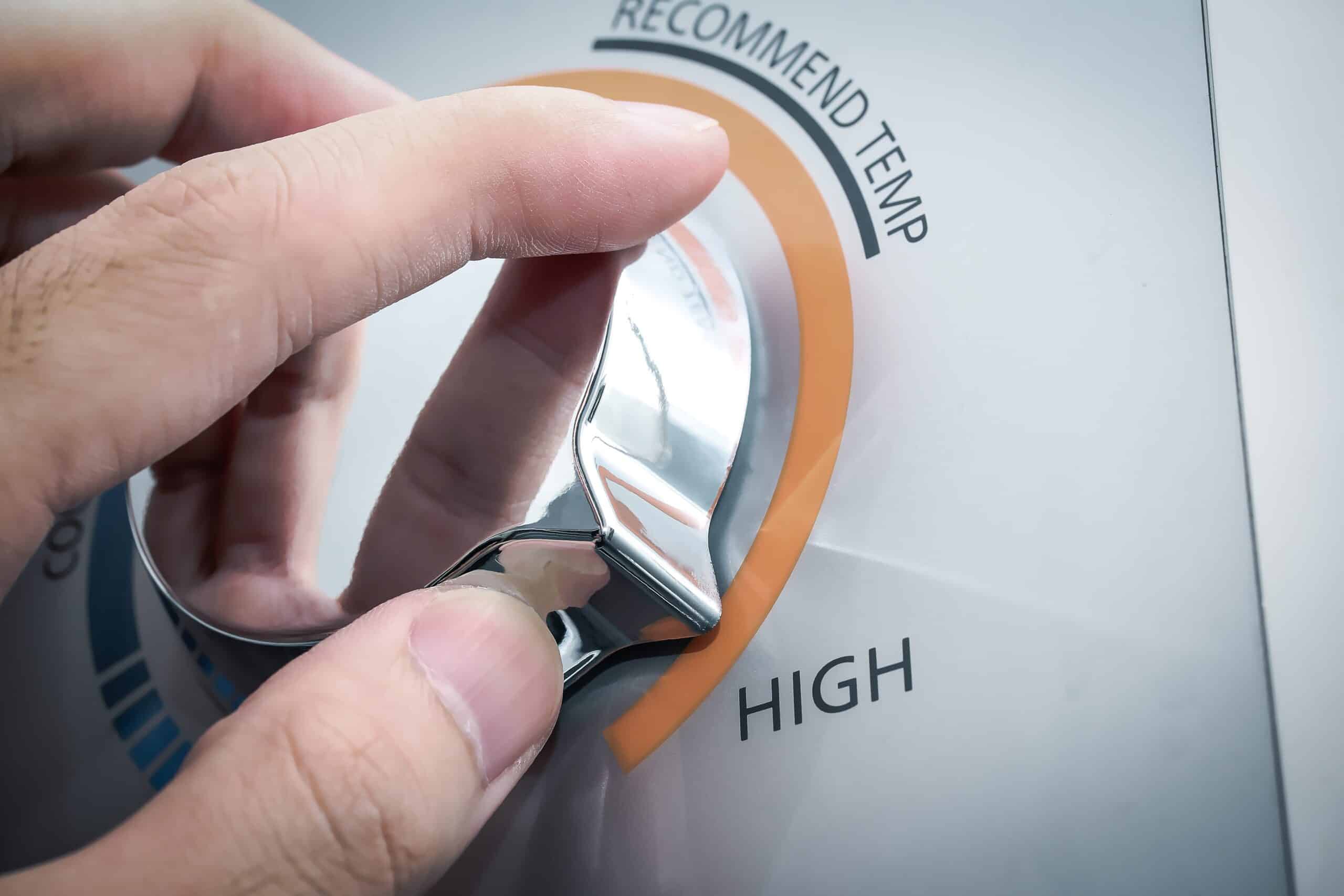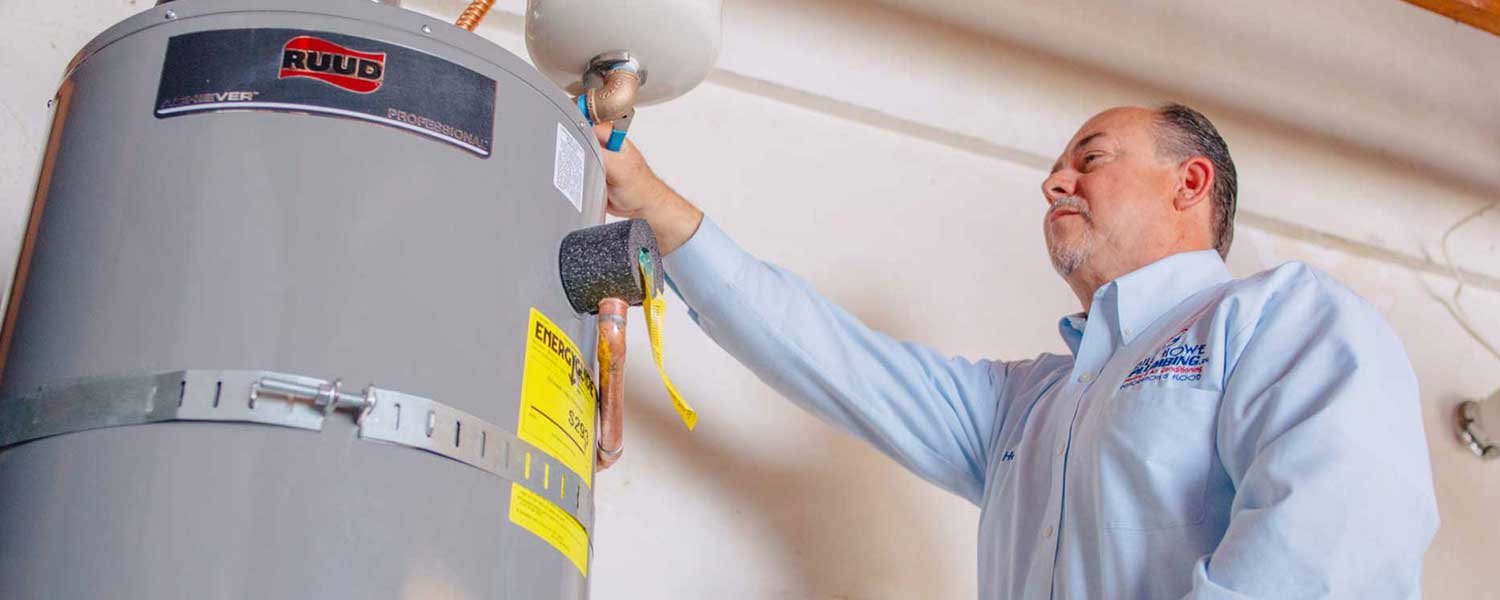Accidentally dumped your coffee grounds in the sink? Coffee grounds can clog your sink, but don’t worry — we’re here to help! In this article, you will learn how to dissolve coffee grounds in the drain and other effective tips for unclogging a sink.
Organic food items can be broken down and passed through garbage disposers, such as soft foods like berries and residual food waste. But there are many items that you should avoid putting into a garbage disposal, like coffee grounds.
Our plumbers have often been asked how to unclog a clogged drain filled with coffee grounds. It’s a common issue, especially if you’re in a rush to get out the door. Fortunately, when coffee grounds accidentally go into the sink, they can be flushed out with water from the faucet or a high-powered kitchen jetter. But there are other methods, too, which we’ll cover in this article.
So, why should you avoid putting coffee grounds and other organic items into the drains? If they get clogged in your drain, what can you do to unclog them?
How to Unclog a Sink Clogged with Coffee Grounds
Let’s face it: If you use your garbage disposal sparingly and do not intentionally put your used coffee grounds in the sink, it will likely keep a clear kitchen drain line, and you can avoid common clogs.
We get it. There are lots of common drain blockage causes besides coffee grounds. However, we know that even with precaution and the utmost care, grinds, organic food waste, citrus rinds, and other materials can find their way into the drain, especially around the holidays when you have family visiting or when you’re entertaining guests. Before we discuss how to unclog a sink from coffee grounds, we’ll discuss why they can clog your sink.
Why Coffee Grounds Clog Sinks
If you have ever spilled wet used coffee grounds on the counter or floor, you know how hard it is to clean up the mess. Wet coffee grounds stick to everything, including the inside of the drain line. But do coffee grounds clog drains? The short answer is yes. Here’s why: Over time, coffee grounds harden and clog your line.
When your drain line is clogged, the normal flow is reduced, and when other fats and organic food waste enter your line, they build up, leading to stubborn clogs and needing to contact a plumber.
Here are some key points why coffee grounds clog sinks:
- They don’t dissolve in water (unless it’s instant coffee)
- They tend to clump together and form a dense mass
- Over time, coffee grounds accumulate, build up in the drain, and bind with oils and other materials in your drain line.
So, we know that coffee grounds clog sinks. But doesn’t hot water dissolve coffee? Sort of. For example, hot water can dissolve instant coffee. To understand this better, let’s talk about the chemistry of coffee.
Instant coffee is coffee that has already been brewed and then dehydrated and reformed into coffee crystals. That’s why most instant coffee is extremely fine and dissolves into a good cup of coffee (what constitutes a good cup of coffee is subjective and not relevant to drain or sink clogs).
Regular or decaf ground coffee is the actual beans ground to a certain point to deliver the essence of coffee. The essence includes the oils, caffeine, and antioxidants released from the ground beans.
Ground coffee is still the organic matter from the whole coffee beans, and even after it is ground finely, it remains approximately 70% insoluble organic matter, according to the Coffee Brewing Institute (and chemistry). The soluble portion is what goes into the cup.
Once your grounds are used, they are highly fibrous and will not break down or dissolve in water. This means they stick around on many surfaces–including your kitchen drains. Avoid putting food items, organic waste, grease, and oil in the drain to keep away foul odors.
What Dislodges Coffee Grounds in the Drain?
Dispose of coffee grounds in the trash or compost to avoid drain clogs. However, mistakes happen. So, when it does happen, how can you dissolve coffee grounds in the drain? If you act quickly enough, you can flush coffee grounds down the drain by immediately pouring a large amount of hot water. But coffee grounds clump quickly, and you may not have a pot of boiling water nearby.
Fortunately, there are a few different options to unclog a sink from coffee grounds. Here are a few of the ways to do it:
DIY Kitchen Sink Unclogging
Many homeowners use off-the-shelf products, such as liquid de-clogging solutions and chemical drain cleaners, like Drano, to clear clogs. While the chemical makeup in some of these products may break down organic materials and help to dissolve small clogs, they can do more harm than good. They can corrode some drain line materials, causing deterioration over time. It is best to avoid them. Try these methods instead:
Hot Water Flush
A hot water flush can be effective in unclogging coffee grounds in sinks. That’s because it can loosen small buildups and push them down the drain. If you put coffee grounds in the drain, boil water and carefully pour it down the drain slowly. Be cautious if your kitchen sink has plastic pipes, as boiling water can cause damage. A hot water flush can also help dissolve grease and soap scum.
Baking Soda with Vinegar Solution
Stubborn clogs may need more than a hot water flush. When hot water just won’t do, you can pour down a mixture consisting of half a cup of baking soda and half a cup of white vinegar. Let the mixture sit in the sink for about an hour. This mixture can create a chemical reaction that can break down materials stuck on the drain line.
Plunger Technique
A plunger can help temporarily clear a kitchen sink blockage. Using a plunger in your kitchen sink is perfectly safe to use. However, we recommend cleaning the plunger, especially if you have used it in the bathroom.
If the sink has two sides, cover the clear side. Then, use a plunger (like a toilet plunger). Plunge vigorously to the other side. This could dislodge the clog, providing temporary sink functionality until a professional can be called out.
However, using a plunger in the sink can sometimes make things worse, especially if there’s a blockage downstream. If that’s the case, a plunger may cause backflow, causing water to spill over the sink. If you’re experiencing backflow, contact Bill Howe’s expert plumbers for immediate help.
Snake or Auger Tool
Stubborn clogs may require using a snake or auger tool. Savvy homeowners can rent drain snakes at home stores and attempt to snake the line to clear the clog themselves. However, using a snake or auger is not for beginners. Snaking requires basic plumbing knowledge and an understanding of determining if the clog is in the drain trap, disposer, or beyond the cleanout. When it comes to snaking a drain or using an auger tool, calling professional plumbers is your best bet.
Is it OK to Put Coffee Grounds Down the Sink?
We’ve discussed how to dissolve coffee grounds in the drains. But is it OK to put them down in the sink? No. Coffee grounds clog sinks and, if ignored, can create significant plumbing issues. There’s nothing worse than a clogged kitchen sink, especially when you’ve got a pile of dishes to wash. Why put coffee grounds in the sink when you can just throw them in the garbage?
Thanks to their high nitrogen content, coffee grounds can be beneficial when added to a compost pile. Coffee grounds have nitrogen content, so you can use them as a fertilizer to improve soil in garden beds. However, if you plan to use them as fertilizer, apply sparingly, as too much can lead to acidic soil and an imbalance of nutrients.
Professional Plumbing Services
Let’s face it: Clogged drains are never fun, but you can learn how to dissolve coffee grounds in drains. But when drains are so clogged that they start to smell, overflow, and create a mess, it’s time to call professional plumbers. When the clog is severe due to grease buildup, foul odors, or leaking and backing up multiple lines, Bill Howe’s certified plumbers can come to the rescue.
You will want to call us for professional plumbing services if you accidentally pour a small amount of coffee grounds into the sink, and it immediately backs up. If that’s the case, there is likely a larger issue. Our professional plumbers will assess the situation and offer a cost-effective solution that best suits your needs.
Professional plumbers know which methods work best to clear clogged sinks. Our plumbers typically won’t use the plunger method for stubborn clogs. However, our experts will clear out standing water and remove the trap under the sink to determine where the clog is and work to clear the drain.
Professional plumbers often use line snaking for severe clogs as an effective method. We get it: It’s tempting to rent a snake and try to do it yourself, but you can do more harm than good. Why risk it? Bill Howe’s expert plumbers use specialty snakes and have years of experience. Our plumbing pros know how to properly move the snake through the line, ensuring it doesn’t get stuck in the drain line.
When coffee grounds clog sinks, we can use other methods, such as high-powered jetting. High-powered jetting or hydro jetting is one of the best drain cleaning methods. This is a safe and effective method to clean years of grease and coffee ground buildup from kitchen drain lines. Hydro jetting clears years of buildup and eliminates lingering odors, leaving the drain fully functional.
Of course, you can avoid clogging sinks with coffee grounds. If you have a garbage disposer, consider using it only after scraping food and other waste into the trash. Never put grease or oil in the line, as this is a surefire way to clog drains.
When your drain lines are severely clogged, and you don’t feel confident trying a do-it-yourself method, call Bill Howe. Our team of certified plumbers has been clearing drains since 1980.
Call us at 1-800 BILL HOWE (245-5469). Our team of trained drain cleaning technicians is available 24/7 to fix all types of clogged drains and other plumbing problems! When it comes to plumbing, we know Howe!




